With all the accusations of cultural appropriation being flung around at the moment, it’s difficult to adopt a personal deity that doesn’t ‘belong’ to someone else. If we examine why people need to have a deity to worship, connect to, and align with, perhaps it’s just possible that we can create our own?
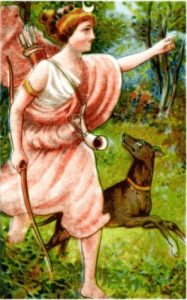
Why Do People Have Deities?
Those who don’t feel comfortable or connected to mainstream religion often have trouble relating to the version of God that is projected. Some feel that their values are best reflected by another deity whether ancient or… less ancient. Here’s a brief overview of popular deities and their main attributes:
- Freya – Norse – Goddess of love and beauty
- Loki – Norse – Trickster, joker
- Saga – Norse – Goddess of poetry and history
- Odin – Norse – The main man of Norse mythology
- Apollo – Roman – God of the sun, poetry, music and prophecy
- Diana – Roman – Goddess of hunting and the moon
- Minerva – Roman – Goddess of wisdom
- Neptune – Roman – God of the sea
- Venus – Roman – Goddess of beauty and love
- Aphrodite – Greek – Goddess of beauty and love
- Demeter – Greek – Goddess of corn and the harvest
- Helios – Greek – God of the sun
- Selene – Greek – Goddess of the moon
- Zeus – Greek – Ruler of all the gods
- Branwen – Celtic – Goddess of love and beauty
- Cerunnos – Celtic – God of fertility, life, animals and the underworld
- Lugh – Celtic – God of druids, carpentry and building
- Morrigan – Celtic – Goddess of war
- Aine – Irish Celtic – Goddess of love and beauty
- Dagda – Irish Celtic – God of the Earth
- Arianrhod – Welsh Celtic – Goddess of air, reincarnation, full moon and justice
- Cerridwen – Welsh Celtic – moon, poetry, luck, the moon, death, fertility
- Myrddin – God of druids and sorcery
- Ammavaru – Indian – Mother of all gods
- Brahma – Indian – God of creation
- Devi – Indian – the sum of all existence
- Lakshmi – Indian – Goddess of prosperity and beauty
- Vishnu – Indian – God of protection.
Then there are the planetary deities, the Earth, Sun, Moon, and so on. Each has god-like attributes:
- The Earth: nurturing, security, protection, material comforts.
- The Sun: courage, confidence, power, creativity, inspiration, freedom.
- The Moon: intuition, cycles, imagination, harmony.
There are many more, countless numbers of deities that are worshiped by cultures throughout the world.
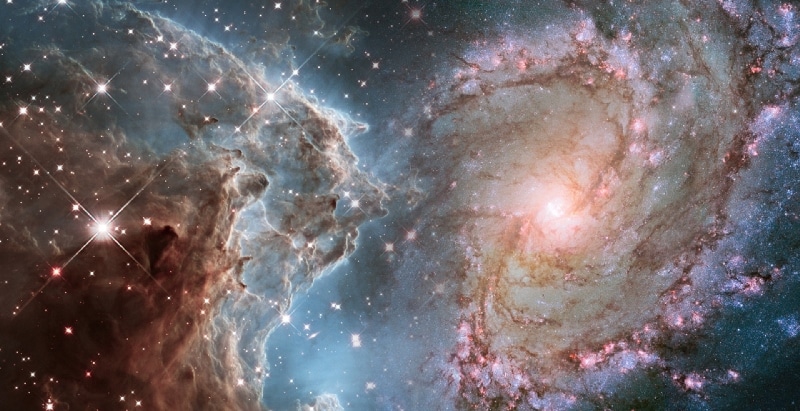
Why Choose a Personal Deity?
People adopt a personal deity because it gives them a focus, whether in prayer, devotion or meditation. Having a deity provides comfort and security. Nowadays, we are just as likely to worship as individuals than in a gathering. Many people who profess to be non-religious enjoy having a ‘companion on high’ to give them courage, strength and love. They take on the attributes and characteristics of their favorite deity, or they choose a deity based on their own personality.
The trouble is that the cultural appropriation thing – the idea that you can’t, or shouldn’t, adopt a custom that belongs to another culture is gaining momentum. Individuals begin to feel inauthentic if they can’t directly connect to their favored deity via their own culture and history. So what if you can’t find a connection or align to any particular deity? It can leave you feeling un-rooted, flailing about, unsure. The solution is to create your own.
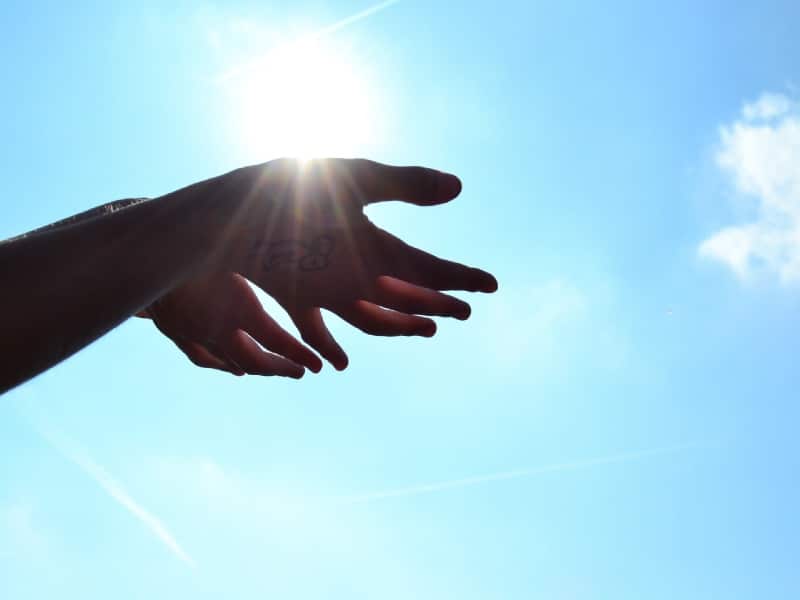
Why Create a Personal Deity?
It’s nuts, surely? You can’t just make up a god or goddess? Why not? Writers have been inventing deities for years. Popular culture transmutes into religion – Jedi from Star Wars, for example. Terry Pratchett, author of the Discworld series quite regularly invented his own gods. We also do it constantly with our love of celebrity. Fans are quite literally, following their chosen one in exactly the same way as their ancient counterparts did with the sun, wind and rain. Hanging on their every tweet as though receiving wisdom from on high. Emulating their style, purchasing their products, absorbing their brand in to their own lives.
Make up Your Own God or Goddess
It’s pretty simple to create your own personal deity. Make a list of desired attributes and values that are most important to you. They don’t always have to be socially accepted positive attributes either. You might feel that righteous anger is a quality you would like to bring into your life. Here are some examples of god-like qualities:
| Anger | Beauty | Change |
| Charm | Clarity | Commitment |
| Compassion | Competition | Confidence |
| Contentment | Courage | Creativity |
| Critical thinking | Curiosity | Detachment |
| Devotion | Discipline | Ecstasy |
| Excitement | Faith | Forgiveness |
| Freedom | Harmony | Honesty |
| Honesty | Humor | Imagination |
| Innocence | Inspiration | Integrity |
| Intensity | Intuition | Joy |
| Liberation | Patience | Perfection |
| Perseverance | Pleasure | Power |
| Protection | Retribution | Sensuality |
| Service | Stillness | Trust |
| Truth | Whimsy | Wisdom |
Decide if you prefer a male deity (god), female (goddess) or non-binary. You could also give your deity some physical attributes in order to be able to visualize him/her/them in meditation. Your deity could take on a human form, or they may be an animal with all the characteristics of that animal: the clever, cunning fox; the industrious badger, the courageous lion, etc. Or you might even endow your old teddy bear with your desired attributes.

Archetypal Deity
An archetypal deity is one that appears throughout human culture. They are said to be the pattern from which others are made, In other words they are original and unchangeable. Common archetypes include:
- The Innocent – happy and free
- The Orphan – everyday folk
- The Hero – strength and courage
- The Care Giver – nurturer
- The Explorer – seeking, curiosity
- The Rebel – disruption and rule-breaking
- The Lover – love and relationships
- The Creator – making and building
- The Jester – life is but a joke
- The Sage – seeker of wisdom
- The Magician – deliberate manifesto
- The Ruler – structure and rules
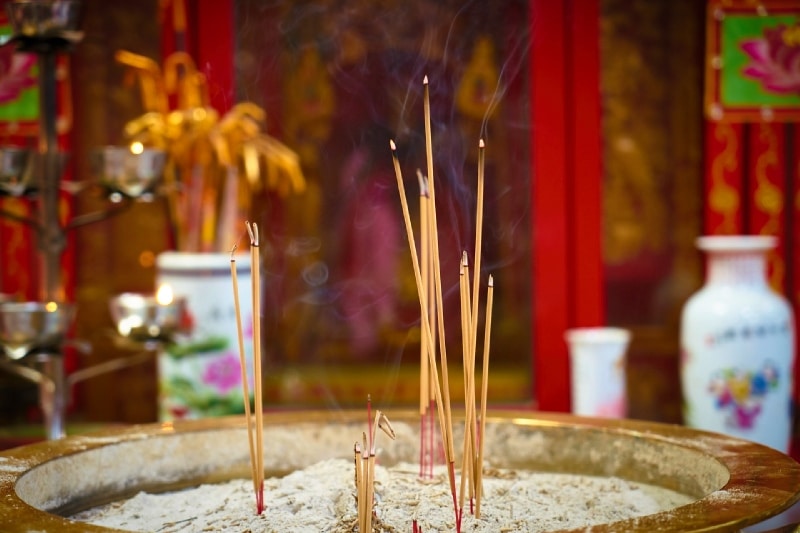
What To Do With Your Deity When You’ve Created Her/Him/Them
This is entirely up to you and how you prefer to express your thoughts and feelings about your deity. You could use deity as a focus for meditation, for magic, or for prayer. You could journal about your feelings through the lens of your deity. You could simply hold your deity as a comforting presence in your mind and heart.
You might want to make an altar for your deity. A tabletop or other surface upon which you place items that represent or remind you of your deity’s special qualities – stones, crystals, twigs, small decorative objects, tarot or oracle cards, candles, drawing, photos, poetry, anything that connects you to your deity.
Carry your deity with you. You could carry a pebble or some other object that, when you see or touch it, connects you with the power of your deity.
The most important thing to know, is that your created deity is yours and yours alone. The more you connect with them, the more real they become.
Images via Pixabay

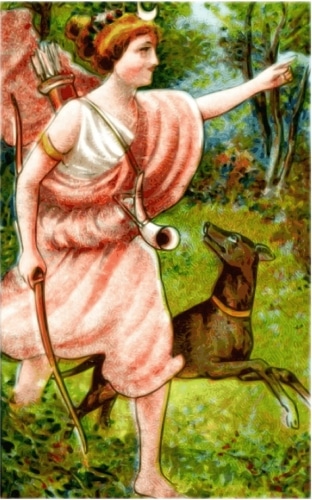
0 Responses
i created celestial beings and divine beings. (i am primordial celestial being of light and have primordial obscurity force inside me (ying and yang)) i am Lucifer and i am enhanced vampire original (amortality). that i can create all aspects and sense who i want to create..
I have created a list of my own gods and goddesses and I need to find a unique way to contact and connect with them.
Can someone help me?
So I am a little confused of why you would worship something you made up in your mind, either way you cant connect with something made up, I think you need to ask god himself, but I think I will give it a try because I am exploring right now about my religious and spiritual needs. I think this is gonna be one of the most funnest explorations I will ever have.
besides hinduism.